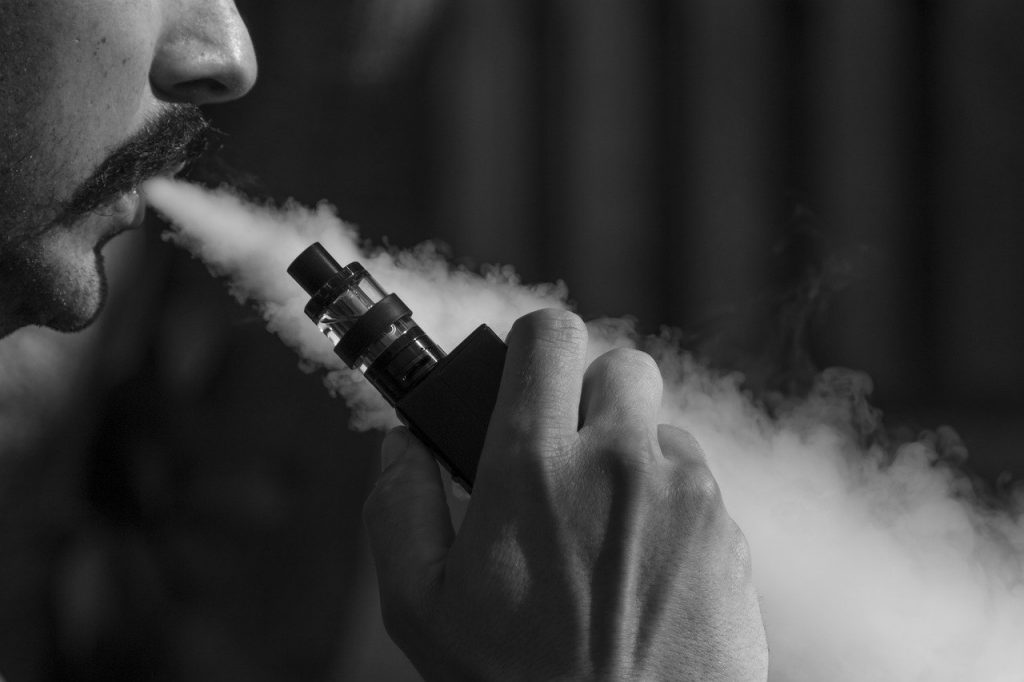Amid the recent soaring popularity of e-cigarettes, the US announced a countrywide ban on flavored cartridges for e-cigarettes, specifically ones containing vitamin E acetate, on Dec. 26, 2019. Given 2,290 lung diseases and 58 deaths due to vaping in 2019, the countrywide ban was imposed to address concerns regarding the health risks of vaping, especially among teenagers. The US announced that the ban will apply to flavored and cartridge-based e-cigarettes, such as the products of Juul, an ecigarette company particularly popular among youth. Brazil, India, and South Korea also announced that they would be putting restrictions to the product with the same issues regarding severe health problems and deaths resulting from vaping.
“I think that the ban on flavored e-cigarettes by the US was somehow expected and necessary at the first place,” Yoonha Chun (11) said. “In 2019, I constantly saw on the news of teenagers being hospitalized and even deaths from vaping and continuously using e-cigarettes. Since e-cigarettes from Juul have extremely been popular in the United States as well, I think that the ban on flavors on e-cigarettes would play a role to slowly discourage the youth from vaping because the flavors, or Juul pods, would not be available to them anymore.”
Many teenagers utilize e-cigarettes due to their belief that they contain less nicotine than regular cigarettes. However, US health regulators have investigated and found that the vitamin E acetate, an element that is included in marijuana vaping products, is causing the “vaping epidemic.” More than 2500 people were revealed to be hospitalized due to such plight. A 15-year-old from Texas, the youngest to victim of vaping death so far recently, has also been reported to have lung issues and severe damages.
“E-cigarettes certainly do have many consequences,” said Sung Ji-yoon, school nurse. “Vaping has been increasingly becoming a larger problem among young students because they generally feel like cartridge-based cigarettes are safer and do less harm to the body than regular cigarettes. The misconception here is that vaping can lead to the same consequences as regular cigarettes such as harming their lungs or even sudden heart attacks or diseases due to severe addiction and constant usage of e-cigarettes.”
With hopes of resolving the vaping epidemic, especially among the youth, the Trump Administration cut the majority flavors of e-cigarettes from the market. Although many have advocated that the administration did not successfully take action to address the problem and debates still continue about teen vaping, it is expected to still deal with the plight to a certain degree.
“I hope that the ban can allay problems resulting due to e-cigarettes,” Edward Ahn (11) said. “I think that US ban on certain flavors for popular e-cigarette brands such as Juul can discourage people, especially teens from vaping since they seemed to enjoy trying different flavors, which made them almost addicted or addicted to it. Since e-cigarettes are also becoming used a lot among people in Korea as well, I hope we also come up with solutions to prevent consequences in advance.”

